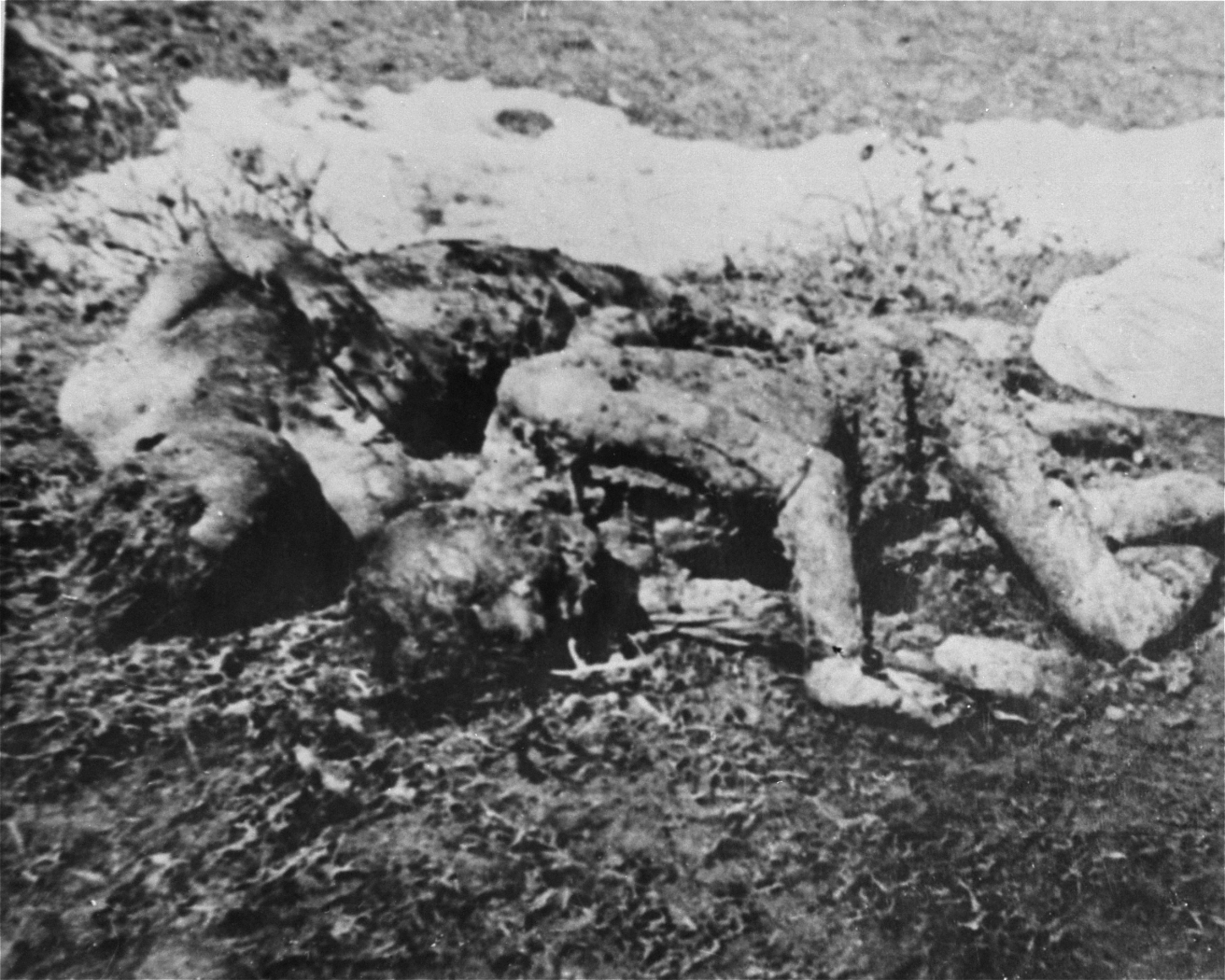|
Ilija Stanić
Ilija Stanić (19 October 1945) is believed to have assassinated Vjekoslav Luburić, a Croatian Ustasha General responsible for war crimes in Jasenovac concentration camp during World War II. Stanić was born at Čelebići near Konjic, Yugoslavia. His father, Vinko (died 1951), was an Ustasha during World War II. Stanić left Yugoslavia in 1966. After living in France and Germany, he settled in Spain. He worked at General Vjekoslav Luburić's press in Carcaixent until 20 April 1969. On that date, Luburić was assassinated and Stanić escaped. Interpol searched for Stanić, but never caught him. In 2003, Valencian journalistFrancesc Bayarrifound Stanić in Sarajevo, Bosnia and Herzegovina and interviewed him. Bayarri published a book on the subject, entitled ''Cita a Sarajevo'' (Meeting in Sarajevo'). In 2009, the ''Globus'' newspaper as per ''Jutarnji list'', published an interview with Stanić where he claimed that he had killed Luburić because Luburić abandoned the Ustaše ... [...More Info...] [...Related Items...] OR: [Wikipedia] [Google] [Baidu] |
Vjekoslav Luburić
Vjekoslav Luburić (6 March 1914 – 20 April 1969) was a Independent State of Croatia, Croatian Ustaše official who headed the system of concentration camps in the Independent State of Croatia (NDH) during much of World War II. Luburić also personally oversaw and spearheaded the contemporaneous genocides of Genocide of Serbs in the Independent State of Croatia, Serbs, The Holocaust in the Independent State of Croatia, Jews and Romani genocide, Roma in the NDH. Luburić joined Ante Pavelić's Ustaše movement in 1931, left Kingdom of Yugoslavia, Yugoslavia the following year and relocated to Hungary. Following the Axis powers, Axis invasion of Yugoslavia and the establishment of the NDH with Pavelić at its head, Luburić returned to the Balkans. In late June 1941, Luburić was dispatched to the Lika region, where he oversaw a series of massacres of Serbs, which served as the ''casus belli'' for the Srb uprising. Around this time, he was appointed head of Bureau III, a depa ... [...More Info...] [...Related Items...] OR: [Wikipedia] [Google] [Baidu] |
Sarajevo
Sarajevo ( ), ; ''see Names of European cities in different languages (Q–T)#S, names in other languages'' is the Capital city, capital and List of cities in Bosnia and Herzegovina, largest city of Bosnia and Herzegovina, with a population of 275,524 in its administrative limits. The Sarajevo metropolitan area with its surrounding municipalities has a population of 592,714 people. Located within the greater Sarajevo valley of Bosnia (region), Bosnia, it is surrounded by the Dinaric Alps and situated along the Miljacka River in the heart of the Balkans, a region of Southeastern Europe. Sarajevo is the political, financial, social, and cultural centre of Bosnia and Herzegovina and a prominent centre of culture in the Balkans. It exerts region-wide influence in entertainment, media, fashion, and the arts. Due to its long history of religious and cultural diversity, Sarajevo is sometimes called the "Jerusalem of Europe" or "Jerusalem of the Balkans". It is one of a few major Europea ... [...More Info...] [...Related Items...] OR: [Wikipedia] [Google] [Baidu] |
Croatian Expatriates In Spain
Croatian may refer to: *Croatia Croatia, officially the Republic of Croatia, is a country in Central Europe, Central and Southeast Europe, on the coast of the Adriatic Sea. It borders Slovenia to the northwest, Hungary to the northeast, Serbia to the east, Bosnia and Herze ... *Croatian language *Croatian people *Croatians (demonym) See also * * * Croatan (other) * Croatia (other) * Croatoan (other) * Hrvatski (other) * Hrvatsko (other) * Serbo-Croatian (other) {{disambiguation Language and nationality disambiguation pages ... [...More Info...] [...Related Items...] OR: [Wikipedia] [Google] [Baidu] |
